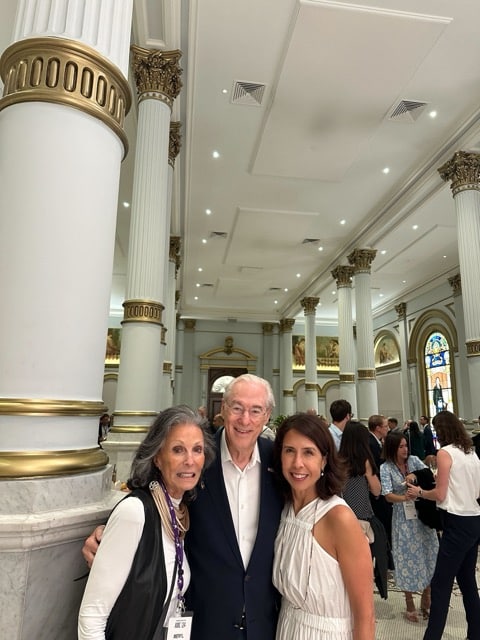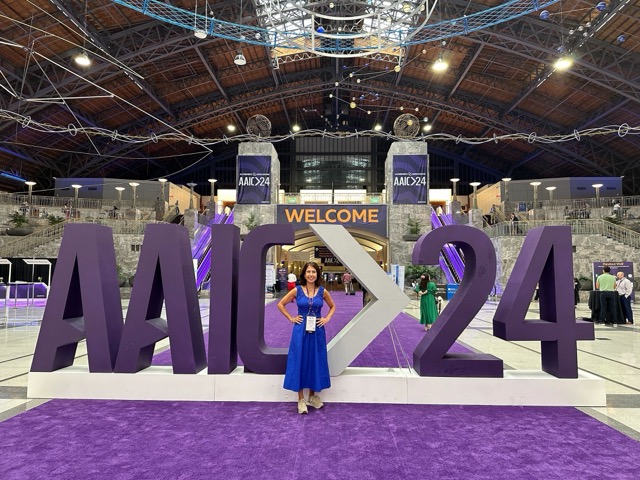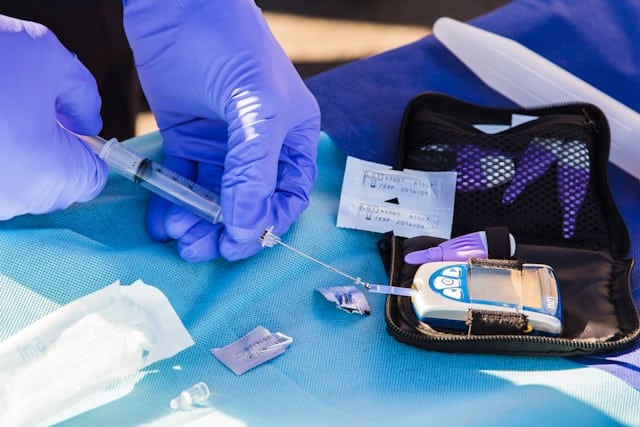Keeping you posted this week from the Alzheimer's Association International Conference in Philadelphia.
Hi everyone, coming to you from downtown Philadelphia at the Alzheimer’s Association International Conference.

Each year, the world’s leading basic scientists, clinical researchers, clinicians and members of the care research community convene at this annual event, AAIC. Here, they share data and insights into the newest discoveries driving prevention, treatment and diagnostics for Alzheimer’s disease. Last year we covered the event in Amsterdam, and this year I’m here with our chief of staff Lauren Fetten, and we have reporter Simon Spichak covering the conference remotely, separating the news from the jargon in long, super-technical presentations and panels, and bringing you the highlights.
This year, there’s a lot of talk about what the next format of drugs is going to be. You may have heard about these new monoclonal antibody therapies — Leqembi and Kisunla — the first two fully approved disease-modifying therapies for Alzheimer’s.
But, they’re infusions, and those can be tough for patients to access, and expensive to administer. So, a lot of companies are in the race for whether or not they can administer these drugs subcutaneously or by pill format.
There’s also a lot of talk on what the next target is going to be. I met with a company that’s been developing a medication to stop tau tangles — part of the pathology of Alzheimer’s disease — from forming in the brain. More on that to come.
So let’s see what comes next. At a high level, people are just wondering where the next breakthrough is going to come. And with all the promising research being presented here this year, we’re optimistic there are many on the way.
Follow along with the Being Patient team on the ground on LinkedIn, find our coverage from this year’s conference here, and stay tuned for a round-up of updates next week.



